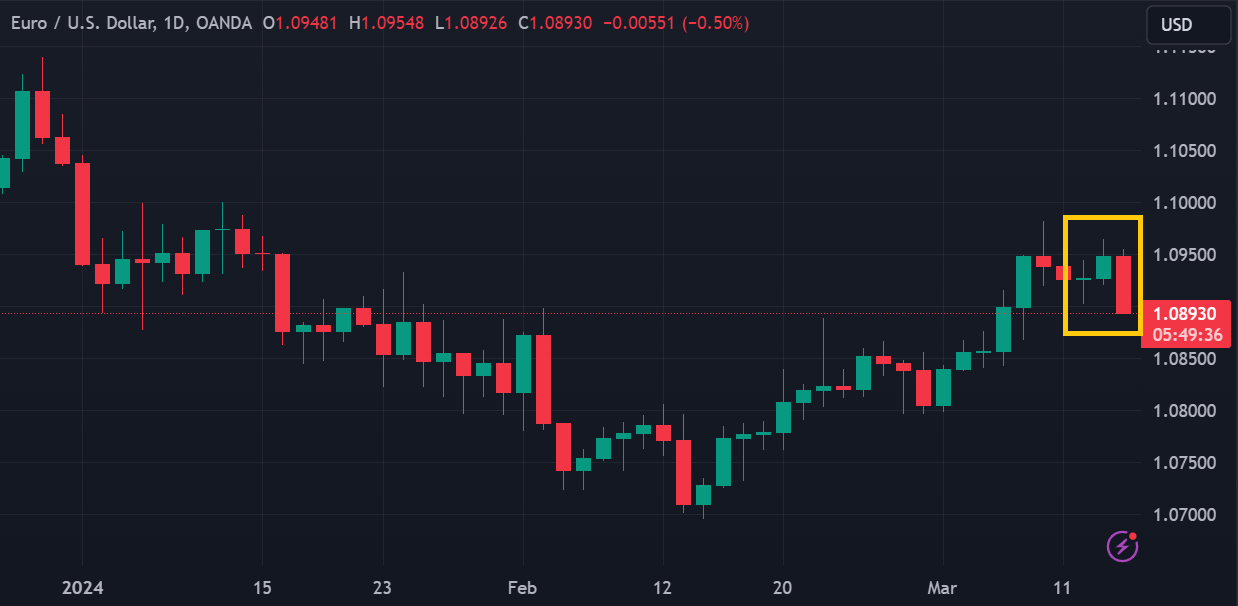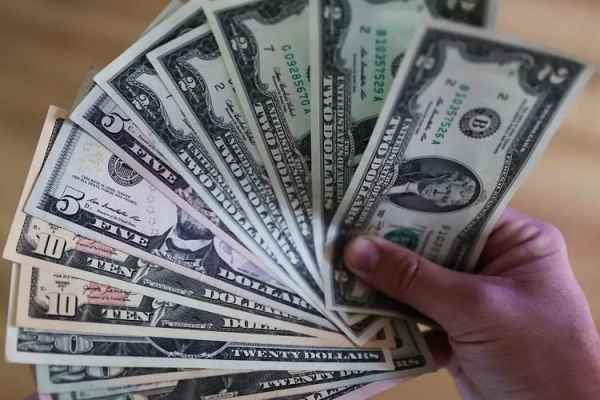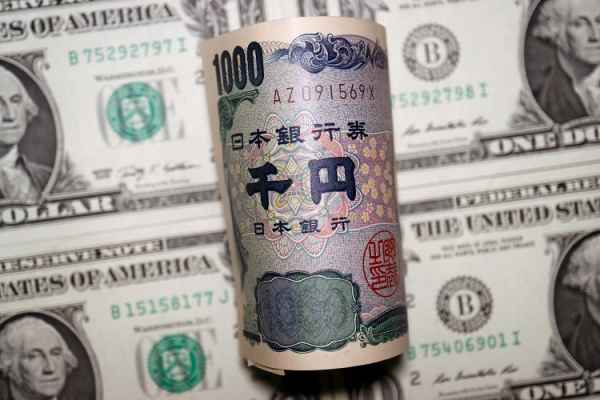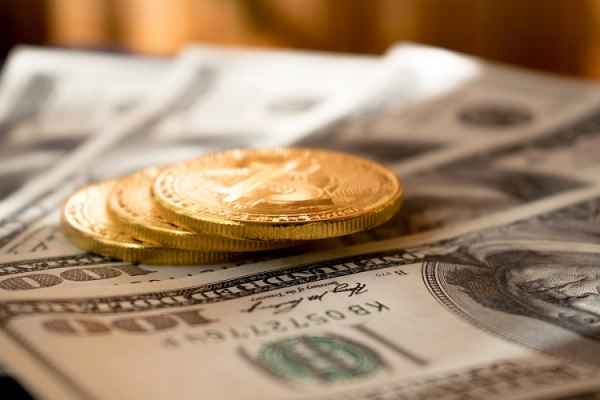Some ECB officials revealed essential grids regarding the scale and frequency of interest rate cuts this year, so the sell-off hit the euro again.
The euro weakened in Thursday's trading after some ECB officials revealed necessary grids regarding the scale and frequency of Eurozone interest rate cuts this year. EUR/USD fell around 0.5% to 1.0893 at the time of writing. EUR/JPY and EUR/GBP rebound attempts were also held below the 162.00 and 0.8550 thresholds, respectively.

Yannis Stournaras, Governor of the Central Bank of Greece and member of the ECB Governing Council revealed new news in an interview in London today. He alluded to the prospect of two interest rate cuts before next summer. In fact, he is not a well-known dovish figure.
"We need to start cutting rates soon so that our monetary policy does not become too restrictive," Stournaras said, "It is appropriate to do two rate cuts before the summer break, and four moves throughout the year seem reasonable. Insofar, I concur with the markets' expectations."
The phrase "two rate cuts before the summer break" referred to by Stournaras refers to the ECB's June and July policy meetings, each by 25 basis points. The next two rate cuts are also 25 basis points each, bringing the overall scale of ECB cuts to 100 basis points this year. At the same time, he dismissed the prospect of an ECB rate cut in April.
"We have very little new information before the April meeting, especially regarding wages in early 2024 - but we will get more data before the June meeting. I think to cut rates in April we need to see the economy fall and I don't expect that," said Stournaras.
The market perceived Stournaras' statement as dovish, resulting in a weaker euro exchange rate. However, his views are actually relatively more moderate than those of some other ECB officials.
François Villeroy de Galhau, Governor of the French Central Bank and member of the ECB Board of Governors stated that ECB interest rate cuts could begin in the spring, between April and June 21. His colleague, Joachim Nagel of the Bundesbank, is also in favor of a rate change starting in April.

 Dedicated FREE FOREX VPS
Dedicated FREE FOREX VPS Free FOREX Virtual Private Server
Free FOREX Virtual Private Server MT4 Demo Contest, Get $500
MT4 Demo Contest, Get $500 Sign Up for an Account, Claim 60% Deposit Bonus
Sign Up for an Account, Claim 60% Deposit Bonus Free MT4/MT5 VPS 2024
Free MT4/MT5 VPS 2024 Send E-mail and Get Free Merchandise
Send E-mail and Get Free Merchandise $1K Refer a Friend Bonus for Pepperstone Pro clients
$1K Refer a Friend Bonus for Pepperstone Pro clients Maximize Your Earnings with 100% Deposit bonus
Maximize Your Earnings with 100% Deposit bonus Trade to Win, $5,000 Monthly Demo Contest
Trade to Win, $5,000 Monthly Demo Contest Claim 30% + 15% Deposit Bonus from LiteFinance
Claim 30% + 15% Deposit Bonus from LiteFinance






